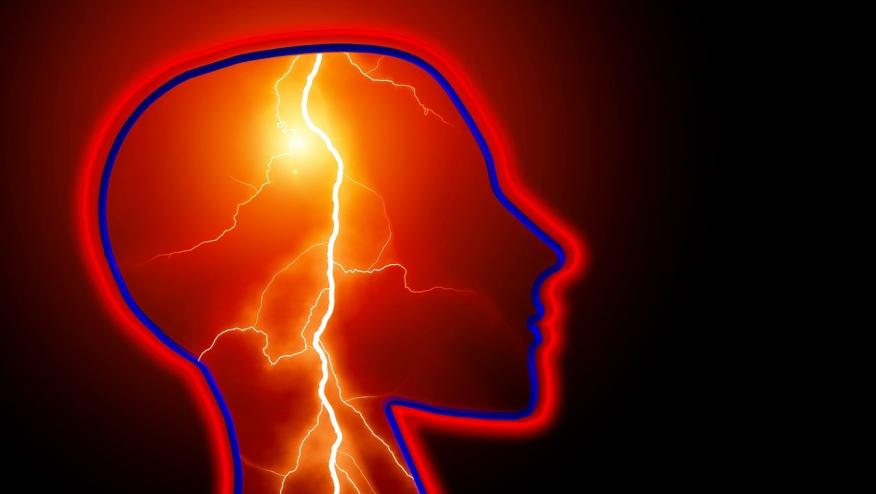Striking a ‘nerve’ in RA: understanding neuromodulation Save

I attended a very informative session on ‘neuromodulation’ and learned a lot (1). Over the last 50 years, discoveries of connections between inflammation and the nervous system have been better understood.
There could be vagal nerve and splenic nerve stimulation benefitting patients with inflammatory conditions potentially such as RA.
What do we know about what is happening with neuromodulation?
Animal models (in collagen induced arthritis in mice and also a pig model) have demonstrated attenuation of inflammatory arthritis with vagal nerve stimulation (VNS).
This could be through various mediators.
Alpha-7 receptor, release of anti-inflammatory cells from the spleen, catecholamine, ACH, etc. have all been implicated in the beneficial effects of neuromodulation.
How to use in humans (experimental only so far)
External or implantable devices.
An early study in active RA of a handheld vagal nerve stimulator improved DAS score and cytokine levels changed favorable. The study was unblinded and uncontrolled as a proof of concept and to study safety. There was face validity as flares occurred when stopping VNS Rx and restarting improved outcomes. The response was sustained over a long follow up, but eventually over a few years the benefit was dampened.
In an oral presentation, the RESET RA study was presented (OP0190). It was a DBRCT of Vagus Nerve stimulation in D2T RA patients with active disease. It was multi-site in the USA with 122 active treated patients (with VNS) and 120 sham treated controls. EULAR responses and ACR responses at 12 weeks were better with VNS but about half of what I would expect for an advanced therapy. However, b/ts DMARDs were stopped, but csDMARDs were continued and so a partial response of advanced therapies may have resulted in flares when stopping Rx. ACR20 at 12 weeks was approximately 1/3 and in the placebo it was about ¼. Results seemed to improve further by 24 weeks.
I wonder, after further studies on risks and benefits, could this be an add on therapy for some very D2T RA patients?
References
1. Session: What makes "Difficult-to-treat RA" so difficult to treat? And what can we do?










If you are a health practitioner, you may Login/Register to comment.
Due to the nature of these comment forums, only health practitioners are allowed to comment at this time.